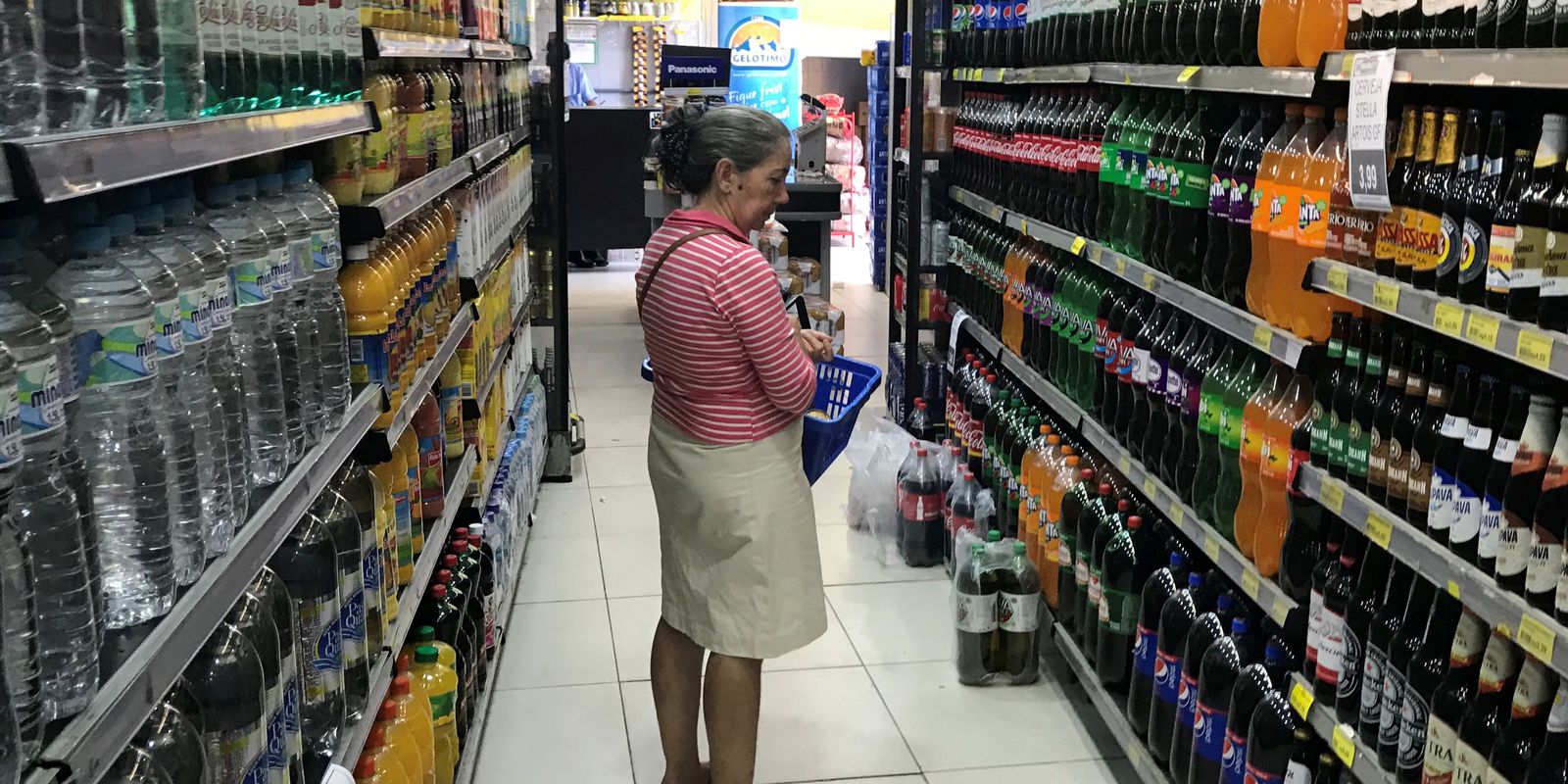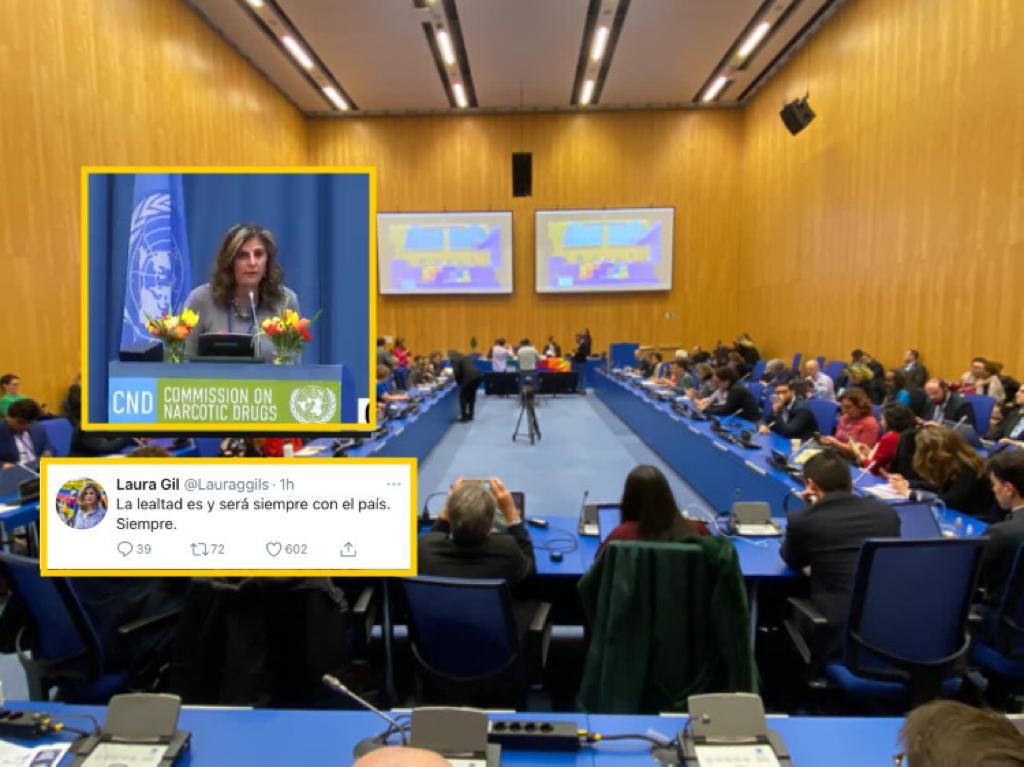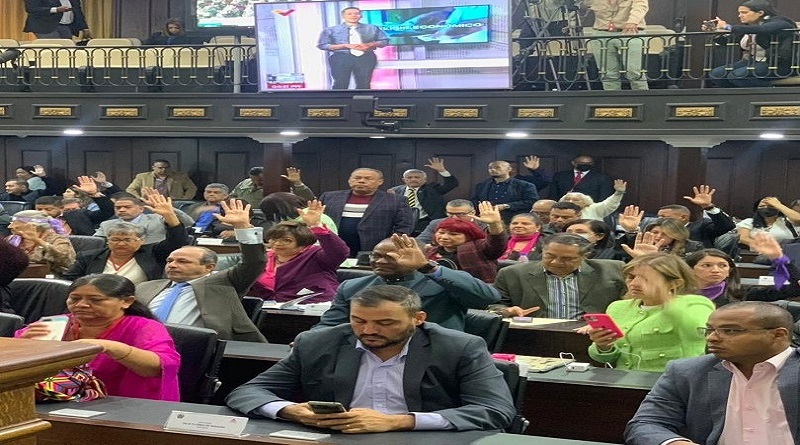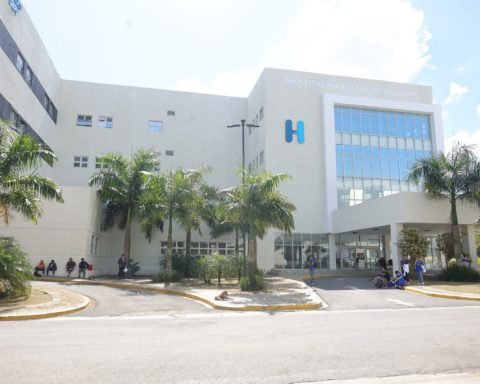Food packaging sold in the country does not have enough information to enlighten the consumer. This is what research by the Institute of Nutrition at the State University of Rio de Janeiro (Uerj) proves, in partnership with the Brazilian Institute of Consumer Protection.
Focusing on food additives, the study found flaws and non-compliance in the information present in the lists of ingredients, which prevents consumers from making a safe choice of healthier foods.
The Uerj professor and study advisor, Daniela Canella, explained that the additives are used in drinks and ultra-processed foods. They modify the physical, chemical, biological or sensory characteristics of the product and have no nutritional factor. Ham, sausage, packaged bread, soft drinks, dairy drinks and margarines are part of the huge list of processed products that intentionally receive additives from manufacturing to packaging.
The professor warned that ultra-processed foods are related to a number of chronic diseases, such as obesity, hypertension, diabetes, cancer, and inflammatory bowel disease. Based on the research’s scientific evidence, the advisor defended the need for the country to have legislation that better informs the consumer.
“What we have today is a regulation that does not necessarily allow the consumer to know everything that makes up the food he is consuming. So, when choosing, when making a decision, to some extent consumers are not being sufficiently informed”.
According to her, the research was sent to the National Health Surveillance Agency (Anvisa) when it was ready, in 2021, but there was no dialogue. Now, he believes that the matter will be discussed again, including with the participation of civil society and health professionals.
Business manager Cíntia Azevedo de Souza, mother of Bernardo, aged 5, said she always reads food labels before buying, to prevent her son from getting sick when consuming a product. “I’ve never experienced any risk situation, but I’ve already found substances on some labels, through research as well, that I didn’t even know was there. Like, for example, jelly beans and other foods. And I don’t trust every food label I buy. I think they are not clear, they could be improved, they could contain exactly what is in each product. I think they hide some [ingredientes]”.
In a note, Anvisa informed that it considers it important to improve the rules for declaring ingredients used in foods, including food additives. And that the theme is in the discussions on general labeling, whose regulation is harmonized in Mercosur.
The article about the research was published in February this year in Revista de Saúde Pública, a scientific journal edited by the University of São Paulo (USP).
Listen to the Radioagencia report:
















